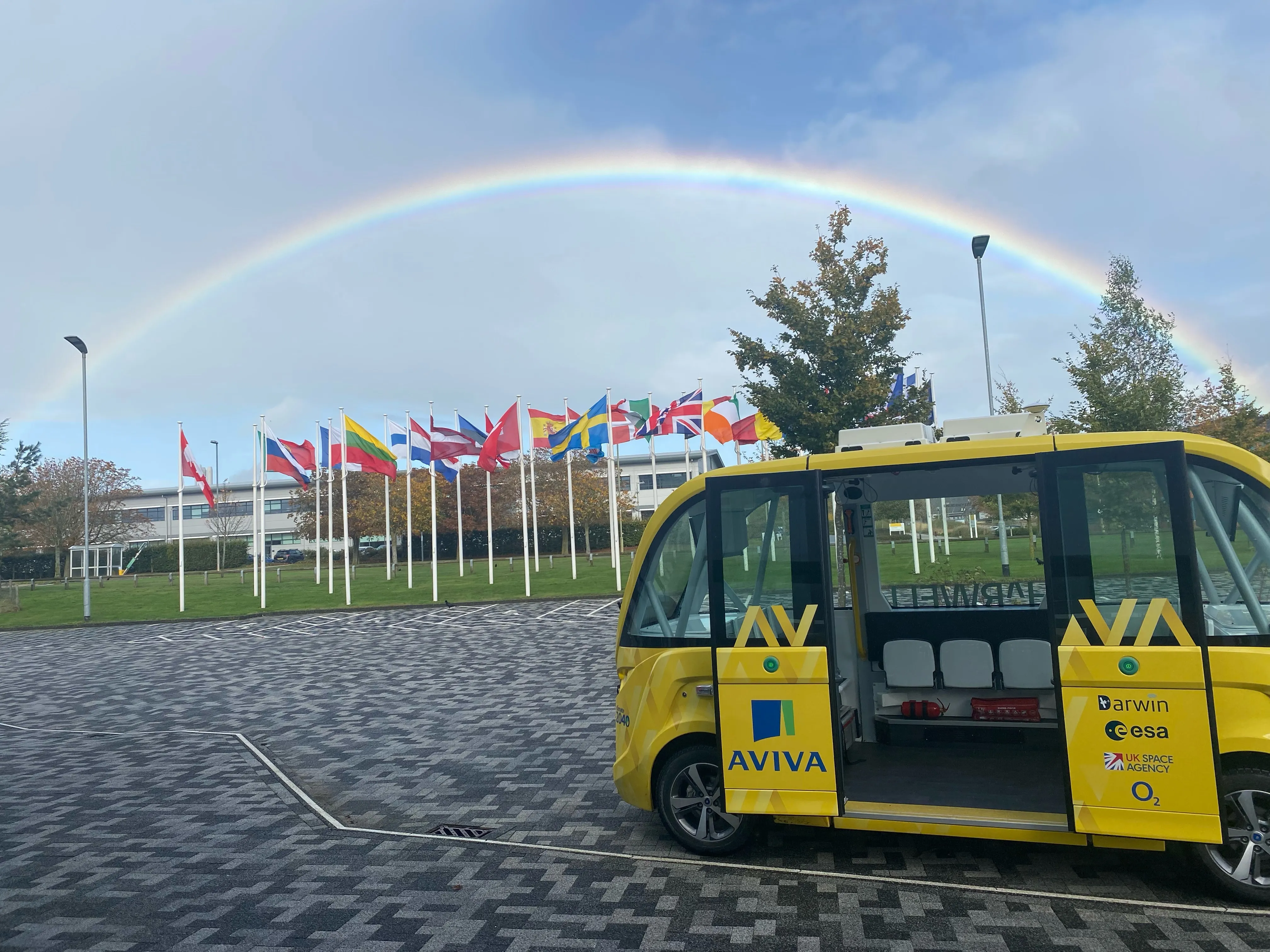Gothenburg, Sweden, has launched the city’s first route for electric buses on bus route 55 using three completely electrically driven buses and seven electric hybrid buses, all from
The buses are silent and emission-free and run on batteries that are quickly recharged with wind power and hydropower-generated renewable electricity at the terminal stops.
Bus route 55 is a result of ElectriCity, a collaboration between research, industry and society that develops, tests and demonstrates new, attractive sustainable collective transport for the future. ElectriCity also develops and tests new bus stop systems, traffic management systems, safety concepts and energy supply systems.
“ElectriCity and route 55 are concrete proof of how Gothenburg is being developed into a denser, more sustainable and open city with attractive public spaces and a rich urban life. The project also demonstrates our ambition and strategy to attract expertise and investment that help reduce environmental impact and develop collaboration between authorities, industry and academia,” says Anneli Hulthén, chair of the City Executive in Gothenburg.
“The Volvo Group aims to be the world leader in sustainable transport solutions. A unique collaboration in Gothenburg enables us to launch the electric bus route here and remain a leader in the development of future public transport,” says Niklas Gustafsson, chief sustainability officer, Volvo Group.
Gothenburg launches electric bus route 55
Gothenburg, Sweden, has launched the city’s first route for electric buses on bus route 55 using three completely electrically driven buses and seven electric hybrid buses, all from Volvo Buses. The buses are also equipped with onboard wi-fi and phone charging facilities.
June 16, 2015
Read time: 2 mins









